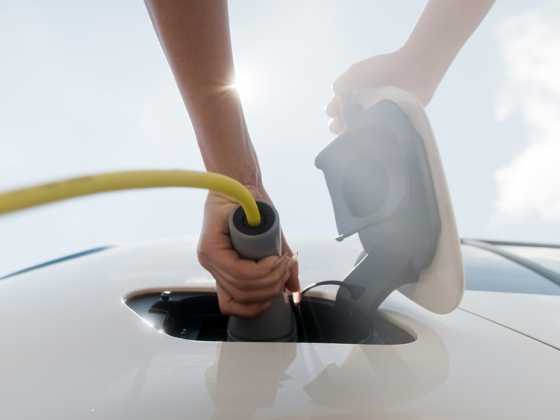SMEs need more support to switch to greener vehicles, says the AA

SMEs are likely to be hit hard by London’s T-Charge and so they need more support to switch to alternative fuels, a report from the AA and BT’s Fleet Solutions finds.
The report reveals that SMEs are increasingly worried that manufacturers aren’t always treating them as a priority when it comes to advice and support on greener vehicles due to their small fleet size.
This is especially important as they fleet industry needs to stay ahead of regulatory and legislative changes, such as the £10 T-Charge.
The £10 Toxicity Charge, or T-charge, came into affect in London today (23 October), in addition to a daily congestion charge. Between 7 am to 6 pm, Monday to Friday, it will now cost businesses £21.50 to drive each pre-Euro 4 vehicle in their fleets into London, which are typically diesel and petrol models registered before 2006.
The change is expected to affect 10,000 pre-2006 vehicles. With other UK cities considering following London’s lead in introducing emissions charges for polluting vehicles, such as Birmingham, Leeds, Nottingham, Derby and Southampton, the AA is calling for the automotive industry to increase its support for its SME customers.
Almost 95% of fleets are currently made up of diesel or petrol-fuelled vehicles. However, in five years’ time, 63% of SMEs and businesses expect to be using alternative fuels to power their business vehicles, according to the second annual Operational Fleet Insight report produced collaboratively by the AA and BT’s Fleet Solutions.
As the industry moves towards greater electrification, the report found that SMEs are increasingly worried that manufacturers aren’t always treating them as a priority when it comes to advice and support due to their small fleet size. The lack of expert fleet knowledge that often exists within small businesses means that only 26% of SME fleet managers and decision-makers say their role involves focusing on long-term fleet strategy, such as a switchover to alternative fuels, compared with an already low average of 29% across all sectors.
“As emissions reduction becomes a focus for the UK’s large cities, businesses are under pressure to futureproof their fleets to ensure they comply with any future targets,” said Stuart Thomas, head of fleet services and SME at the AA. “Fleet managers feel required to investigate alternative fuel sources, but they may not have enough information to make strategic decisions, or feel supported by the industry to take an informed step forward.
“Small businesses which will be affected are likely to be hit hard by the introduction of the T-charge, which almost doubles the cost of driving a vehicle through London during peak hours. Fleets are the backbone of British business, and need more guidance to help them to make the most of the upcoming EV revolution. We urge the automotive industry to provide the support businesses require to help them to anticipate upcoming legislation and reduce costs.”



